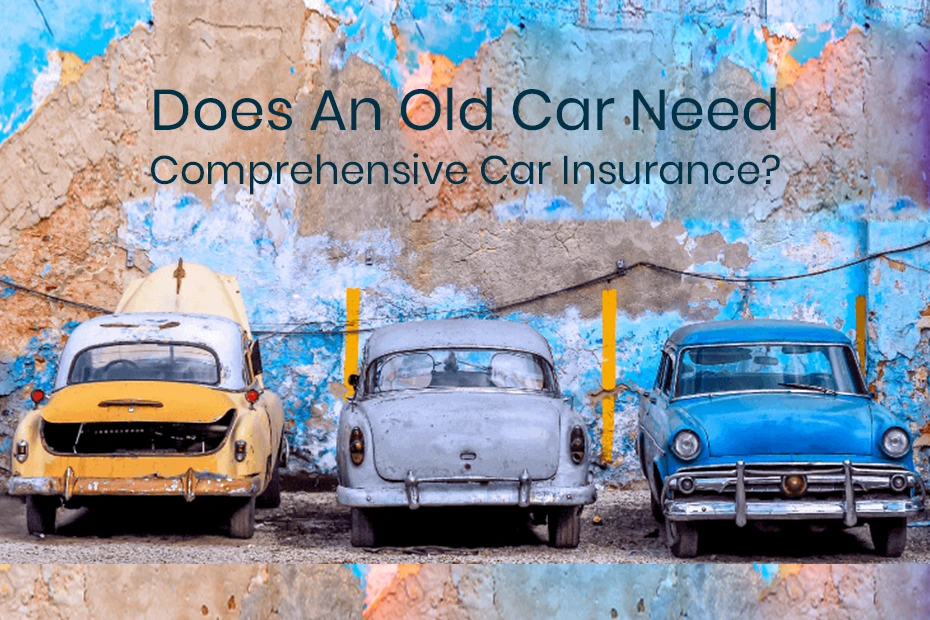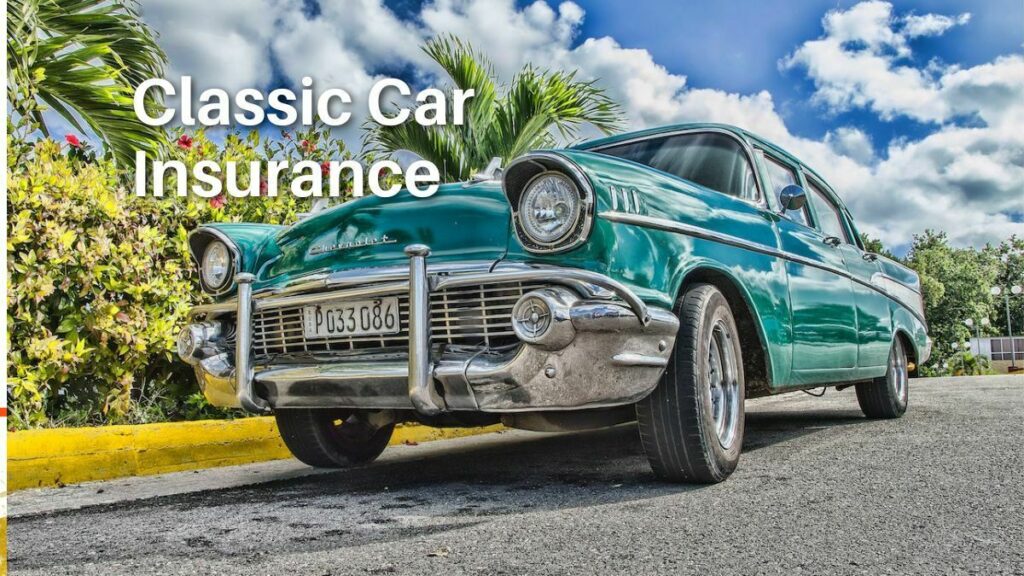Owning an older car comes with its unique set of challenges and considerations, especially when it comes to car insurance. Ensuring that you have the right coverage for your vehicle is crucial, not just for legal compliance but also for your peace of mind. In this comprehensive guide, we will delve into everything you need to know about insuring an older car, from the types of coverage available to tips for finding the best deals.
Understanding Car Insurance for Older Vehicles
When it comes to insuring older cars, several factors come into play. The value of the car, its condition, and your personal driving habits all influence the type of insurance coverage you should consider. Car insurance for older vehicles typically differs from that for newer cars due to the depreciation in the car’s value and the likelihood of needing repairs.
Types of Car Insurance Coverage
Liability Insurance
Liability insurance is the most basic form of car insurance required by law in most states. It covers damages to other people’s property and medical expenses if you are at fault in an accident. While it does not cover damages to your own vehicle, it is crucial for legal compliance and financial protection.
Collision Insurance
Collision insurance covers damages to your car resulting from a collision with another vehicle or object. For older cars, the decision to purchase collision insurance depends on the car’s value. If the cost of the insurance premiums exceeds the car’s worth, it might not be a financially sound choice.
Comprehensive Insurance
Comprehensive insurance provides coverage for damages not caused by collisions, such as theft, vandalism, or natural disasters. This type of coverage is beneficial if you live in an area prone to such risks. However, similar to collision insurance, it’s essential to weigh the cost against the car’s value.
Uninsured/Underinsured Motorist Coverage
This coverage protects you if you are involved in an accident with a driver who does not have insurance or whose insurance is insufficient to cover the damages. Considering the high number of uninsured drivers on the road, this coverage can be particularly valuable.
Factors Influencing Insurance Rates for Older Cars
Several factors affect the insurance rates for older vehicles, including:
- Car’s Age and Value: Older cars usually have lower market values, which can reduce insurance premiums but also the potential payout.
- Safety Features: Modern safety features can reduce premiums. Older cars may lack these features, affecting the rates.
- Mileage: Higher mileage can indicate more wear and tear, leading to higher premiums.
- Driving History: A clean driving record can significantly reduce insurance costs.
- Location: Urban areas with higher traffic and crime rates can lead to higher premiums.

Tips for Finding the Best Car Insurance for Older Vehicles
Assess Your Coverage Needs
Determine what types of coverage are essential for your older vehicle. For instance, if your car has a low market value, you might opt for liability coverage only. On the other hand, if you have invested in maintaining your older car in excellent condition, comprehensive and collision coverage might be worth considering.
Shop Around for Quotes
Insurance rates can vary significantly between providers. It’s crucial to shop around and compare quotes from multiple insurers to find the best deal. Utilize online comparison tools to streamline this process.
Look for Discounts
Many insurance companies offer discounts that can help reduce your premiums. These can include discounts for:
- Safe driving records
- Low mileage
- Bundling multiple policies (e.g., home and auto insurance)
- Membership in certain organizations or professional groups
Consider Usage-Based Insurance
Usage-based insurance programs can be an excellent option for older vehicles, especially if you do not drive frequently. These programs use telematics devices to monitor your driving habits and adjust your premiums based on your actual usage.
Review and Adjust Your Policy Regularly
As your car continues to age, its insurance needs may change. Regularly review your policy and adjust your coverage accordingly. If your car’s value has significantly decreased, it might make sense to drop comprehensive and collision coverage to save on premiums.
Benefits of Proper Insurance for Older Cars
Having the right insurance coverage for your older vehicle offers several benefits:
- Financial Protection: Even if your car is not worth much, liability insurance protects you from potentially devastating financial losses if you are at fault in an accident.
- Peace of Mind: Knowing that you have adequate coverage can provide peace of mind, especially in the event of an accident or unforeseen event.
- Legal Compliance: Ensuring you meet state insurance requirements helps you avoid fines and legal issues.
Common Misconceptions About Insuring Older Cars
Older Cars Don’t Need Full Coverage
Many people believe that older cars do not need full coverage, such as comprehensive and collision insurance. While this may be true for very low-value vehicles, it is not a one-size-fits-all rule. Each car’s value and the owner’s circumstances should be considered individually.
Insurance for Older Cars is Always Cheaper
While older cars often cost less to insure due to their lower value, this is not always the case. Factors such as the car’s safety features, mileage, and your driving history can all influence the insurance cost.
You Can’t Get Good Coverage for Older Cars
Another common misconception is that it’s challenging to find good coverage for older cars. In reality, many insurers offer flexible policies tailored to the needs of older vehicle owners.
Conclusion
Insuring an older car requires careful consideration of your coverage needs and a thorough evaluation of available options. By understanding the types of coverage, factors influencing rates, and tips for finding the best deals, you can ensure that your older vehicle is well-protected without overpaying for insurance. Regularly reviewing and adjusting your policy as needed will help you maintain the optimal balance of coverage and cost.
If you want to read more information about how to boost traffic on your Website just visit –> The Insider’s Views.



